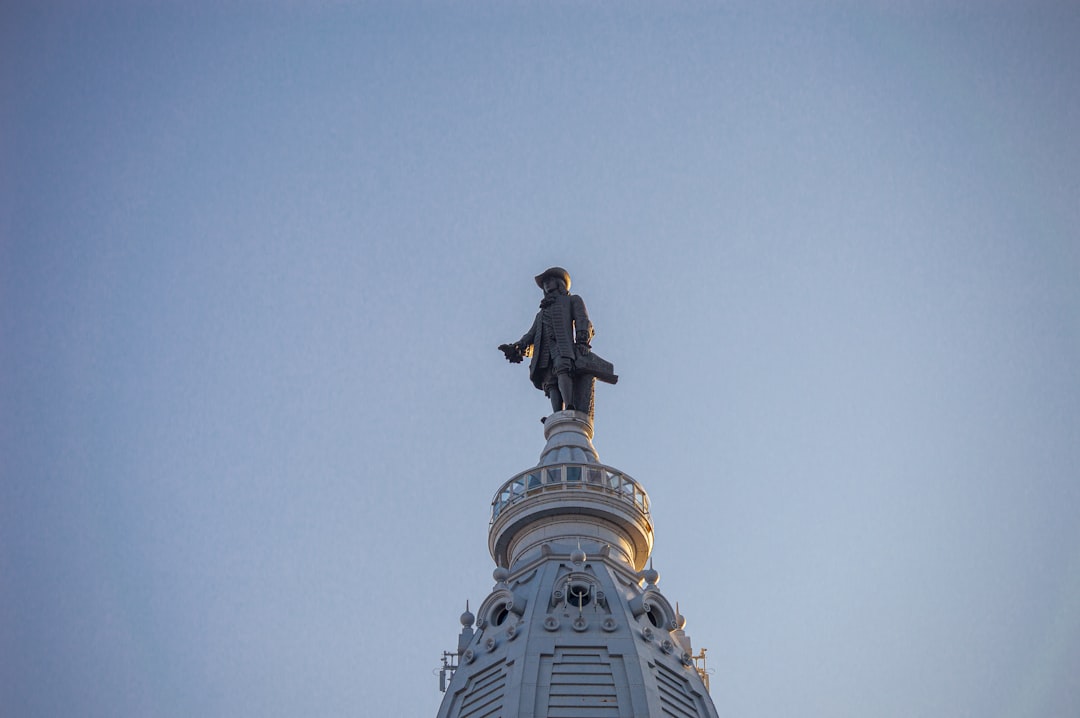Massachusetts Politicians Summer Travel Expenses Revealed
Introduction: Tracking Taxpayer-Funded Travel
Summer 2023 saw Massachusetts politicians travel far and wide. Public records show thousands spent on these trips. Taxpayers funded much of this travel. This raises important questions about spending.
The Boston Herald first reported these expenses. They obtained records through public requests. The data shows patterns in political travel. Some trips were for official business. Others had less clear purposes.
Understanding these expenses matters to voters. It shows how tax money gets used. It also reveals priorities of elected officials. This article breaks down all the key details.
We will examine where politicians went. We will look at how much they spent. We will also see who paid for these trips. Finally, we will discuss what this means for transparency.
Major Travel Expenditures Breakdown
Records show significant spending on summer travel. The total reached six figures. Multiple politicians took expensive trips. Some traveled internationally.
The highest expenses came from overseas travel. European conferences were popular destinations. Asian trade missions also appeared frequently. Domestic travel included political events.
International Travel Costs
Several legislators visited Europe this summer. They attended policy conferences and meetings. Airfare and hotels cost thousands per person. Some brought staff members along too.
One delegation went to Israel. This trip cost over $30,000 total. It included meetings with government officials. The purpose was relationship building.
Domestic Political Travel
Many politicians attended party conventions. These happened in various states. The Democratic National Committee met in Chicago. Republicans gathered in Milwaukee.
These trips often included premium accommodations. Some stayed at luxury hotels. Others used campaign funds for travel. This blurred lines between official and political business.
Funding Sources and Transparency Issues
Travel money came from different sources. Taxpayer funds covered some trips. Campaign accounts paid for others. Sometimes private organizations contributed.
The mix of funding sources creates confusion. Voters struggle to know who paid for what. Disclosure rules vary between funding types. This lack of clarity concerns watchdog groups.
Taxpayer-Funded Travel
Official government business uses public money. This includes fact-finding missions. It also covers diplomatic visits. These trips require strict documentation.
However, some trips push boundaries. A weekend conference might include leisure time. The public pays for these extensions too. This practice draws criticism from reformers.
Campaign Fund Usage
Politicians often use campaign money for travel. They argue it helps them connect with voters. But some trips seem purely recreational. Rules about campaign spending remain loose.
The Office of Campaign and Political Finance oversees these expenses. But enforcement proves difficult. Many expenses get classified vaguely. This avoids scrutiny of questionable spending.
Notable Examples and Case Studies
Several trips stood out in the records. These examples show patterns in political travel. They also highlight accountability issues.
European Fact-Finding Mission
Five legislators visited Germany and France. They studied renewable energy policies. The trip lasted eight days. Total cost exceeded $45,000.
Critics questioned the itinerary. It included tourist sites like the Eiffel Tower. The lawmakers said these were cultural exchanges. But taxpayers funded the entire experience.
West Coast Fundraising Trip
A senior senator traveled to California. The stated purpose was fundraising. But the trip included golf at Pebble Beach. Campaign funds paid for this excursion.
Watchdogs called this inappropriate. They said campaign money should not fund leisure. The senator defended the trip as networking.
Public Reaction and Accountability Measures
News of these expenses sparked public debate. Many citizens expressed frustration. They questioned the value of these trips. Some demanded better oversight.
Media Coverage Impact
The Boston Herald's reporting drew wide attention. Other news outlets picked up the story. Editorial boards called for reform. This put pressure on elected officials.
Government Response
Some politicians promised change. They pledged greater transparency. Others defended their travel as necessary. The debate continues on Beacon Hill.
Practical Tips for Tracking Political Spending
Citizens can monitor government spending themselves. Several tools make this possible. Here's how to stay informed:
- Use Massachusetts' public records portal
- Follow watchdog groups like Common Cause
- Attend town hall meetings and ask questions
- Review campaign finance reports online
- Subscribe to news alerts about government spending
Frequently Asked Questions
How much did Massachusetts politicians spend on summer travel?
Records show over $250,000 in summer travel expenses. This includes both domestic and international trips.
Who pays for politician travel?
Travel gets funded through three main sources: taxpayer money, campaign funds, and private organizations.
Are these travel expenses legal?
Most expenses follow current rules. However, some push ethical boundaries despite technical legality.
Can voters stop this spending?
Voters can pressure representatives for reform. They can also support transparency measures and challengers who promise change.
How can I see travel records?
Massachusetts maintains online databases. The Secretary of State's office provides access to public records.
Do other states have similar issues?
Yes, political travel spending occurs nationwide. Some states have stricter rules than Massachusetts.
What reforms are being proposed?
Suggestions include better documentation requirements, lower spending limits, and clearer rules about mixed-purpose travel.
Conclusion: Toward Better Transparency
The summer travel expenses reveal systemic issues. Politicians enjoy generous travel benefits. oversight remains inadequate. Public awareness drives change.
Massachusetts voters deserve better accountability. Clearer rules would help restore trust. More detailed reporting would increase transparency. These changes benefit democracy.
Citizens should continue demanding reform. Watchdog groups need public support. Journalists must keep investigating. Together, we can ensure better use of public funds.
The travel records tell an important story. They show how power gets exercised. They reveal priorities and values. Most importantly, they remind us that vigilance protects democracy.

